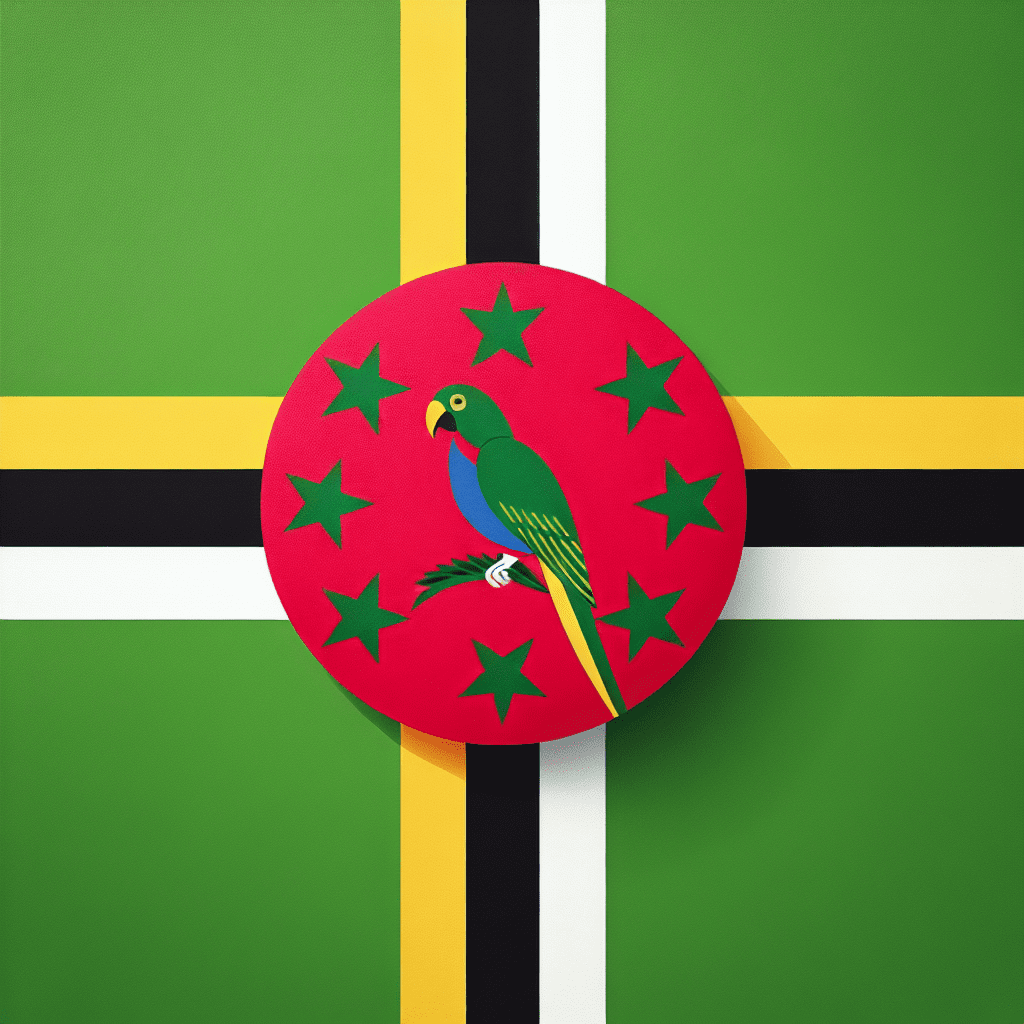The Rules in Iceland: A Guide to the Cultural Norms
Introduction
When traveling to a new country, it’s important to not only explore its breathtaking landscapes and vibrant culture but also to respect and abide by the rules and cultural norms of the land. Iceland, known for its stunning natural beauty and unique traditions, has its own set of rules and cultural practices that visitors should be aware of. In this article, we will delve into the key elements of Icelandic rules and cultural norms, providing practical advice for travelers to ensure a respectful and enjoyable experience.
Key Elements
Element 1: Respect for Nature
Iceland is a country known for its pristine landscapes and untouched wilderness. As such, there are strict rules in place to protect its natural environment. When visiting Iceland, it is important to remember these guidelines:
- Stay on marked paths and trails to avoid damaging sensitive ecosystems.
- Do not remove or disturb rocks, plants, or any other objects found in nature.
- Leave no trace: Dispose of waste properly and refrain from littering.
- Avoid feeding or interacting with wildlife to maintain their natural behavior.
Element 2: Punctuality and Personal Space
Icelandic culture places a strong emphasis on punctuality and respecting personal space. To blend in with the local customs, consider the following:
- Be on time for appointments, meetings, and tours. Icelandic people highly value punctuality.
- Avoid standing too close to others, as Icelanders appreciate personal space.
- When greeting someone, a firm handshake is customary.
- While eating out, it is polite to wait for everyone to be served before starting your meal.
Element 3: Drinking and Driving Laws
Iceland has strict laws regarding drinking and driving. It is essential to be aware of these regulations to avoid legal trouble and ensure your safety:
- The legal blood alcohol concentration (BAC) limit for drivers in Iceland is 0.05%.
- It is best to refrain from consuming any alcohol if you plan to drive.
- If you do choose to drink, utilize public transportation or taxis to get around.
Element 4: Tipping Culture
Unlike many countries, Iceland does not have a strong tipping culture. While it is not mandatory, tips are appreciated for exceptional service. Keep the following in mind:
- Many restaurants include a service charge in the bill, so check before leaving an additional tip.
- It is common to round up the bill to the nearest 100 ISK (Icelandic Krona) for small purchases or taxis.
- In tourist areas, where tipping is more prevalent, a 10% tip is typically sufficient.
Element 5: Dress Code and Etiquette in Hot Springs
Iceland is known for its geothermal hot springs, such as the Blue Lagoon. To ensure a comfortable and respectful experience, adhere to the following guidelines:
- Before entering a hot spring, it is customary to shower without clothing. Nudity is common in the shower areas, so do not be alarmed.
- Be mindful of appropriate swimwear. Revealing bathing suits may not be tolerated in some hot springs.
- Respect others’ personal space and avoid loud or disruptive behavior.
Tips for Traveling
Now that we’ve covered the key elements of Icelandic rules and cultural norms, here are some additional practical tips to enhance your trip:
- Research and Understand Icelandic Laws: Familiarize yourself with important laws and regulations, such as speed limits, smoking restrictions, and drone usage. It is essential to know and respect the legal framework of the country you are visiting.
Embrace the Icelandic Language: Although many Icelanders speak English, making an effort to learn a few basic Icelandic phrases such as “hello” (hallo) or “thank you” (takk) will be appreciated by locals.
Pack Accordingly: Iceland’s weather can be unpredictable, so pack layers, waterproof clothing, and sturdy footwear. Be prepared for sudden changes in temperature and weather conditions.
Be Mindful of Off-Road Driving: Driving off marked roads is strictly prohibited in Iceland to prevent damage to the fragile vegetation and landscape. Stick to designated routes and respect road closures.
Take Care of Cash and Credit Cards: While credit cards are widely accepted in Iceland, it’s always a good idea to carry some cash, especially when venturing into more remote areas where card acceptance may be limited.
Respect the Northern Lights: If you are lucky enough to witness the mesmerizing spectacle of the Northern Lights, remember to respect the silence and avoid using bright lights or flash photography. Let the natural beauty unfold undisturbed.
Disclaimer
This article aims to provide valuable insights based on common cultural norms and rules observed in Iceland. It is always important to seek professional advice and consult official sources to ensure up-to-date information on laws and regulations. Following the rules and cultural norms of a country demonstrates respect for its people, traditions, and environment, and contributes to a positive and enriching travel experience.


